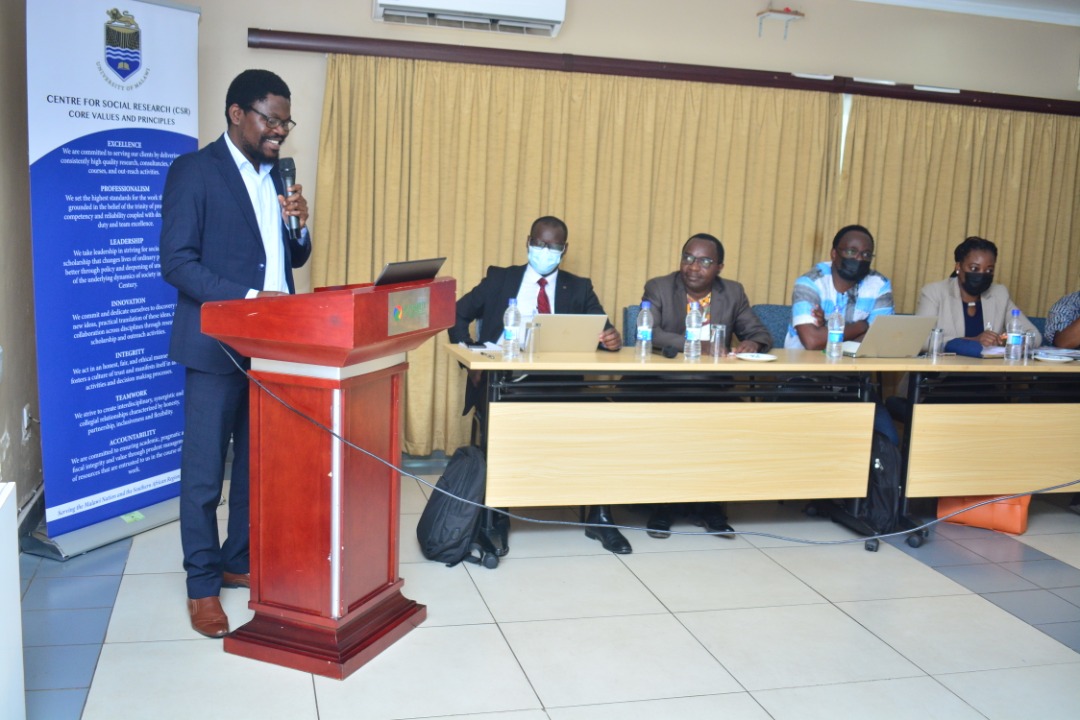Most Malawians say the government is doing a poor job of fighting corruption and should immediately fire cabinet ministers and other officials accused of graft, according to the latest Afrobarometer survey.
The findings show that most Malawians believe that corruption increased over the past year. The police continue to top the chart of offices and institutions perceived as corrupt.
And only small majority of Malawians believe they can report corruption to the authorities without fear of retaliation. While immediate dismissal of cabinet ministers and government officials charged with corruption receives overwhelming popular support, a slimmer majority also say suspects who refund proceeds from corruption should be granted amnesty.
For a government that campaigned on zero tolerance for corruption, and a country badly in need of resources to improve service delivery, these findings represent a renewed call to action.
Key findings
- Two-thirds (66%) of citizens say the government is performing “fairly badly” or “very badly” at fighting corruption (Figure 1).
- More than eight in 10 Malawians (83%) agree with the idea that cabinet ministers and government officials charged with corruption should be fired immediately (Figure 2).
- However, 57% of respondents say suspects who refund proceeds from corruption should be granted amnesty (Figure 3).
- Two-thirds (66%) of Malawians say that corruption has increased over the past year, including 57% who say it has increased “a lot” (Figure 4).
- Among key institutions and leaders, the police are most widely perceived as corrupt: 42% of Malawians say “most” or “all” police are involved in corruption, followed by the Malawi Revenue Authority (39%) and business executives (38%) (Figure 5).
- Almost eight in 10 Malawians (78%) say people risk retaliation or other negative consequences if they report corruption to the authorities (Figure 6).
Afrobarometer surveys
Afrobarometer is a pan-African, non-partisan survey research network that provides reliable data on African experiences and evaluations of democracy, governance, and quality of life. Eight survey rounds in up to 39 countries have been completed since 1999. Round 9 surveys (2021/2022) are currently underway. Afrobarometer’s national partners conduct face-toface interviews in the language of the respondent’s choice.
The Afrobarometer team in Malawi, led by the Centre for Social Research, interviewed a nationally representative sample of 1,200 adult Malawians in February 2022. A sample of this size yields country-level results with a margin of error of +/-3 percentage points at a 95% confidence level. Previous surveys were conducted in Malawi in 1999, 2003, 2005, 2008, 2012, 2014, 2017, and 2019.
